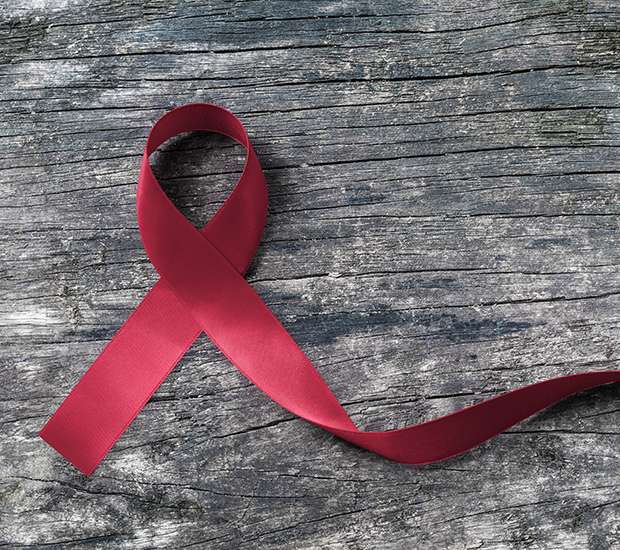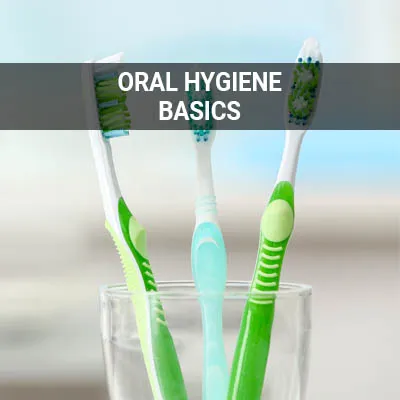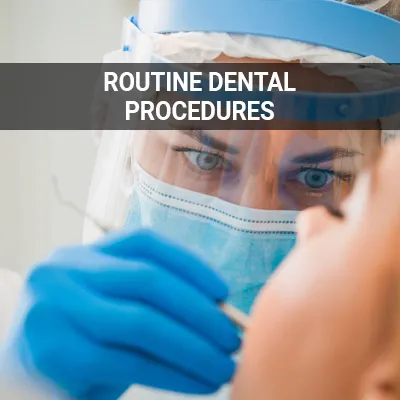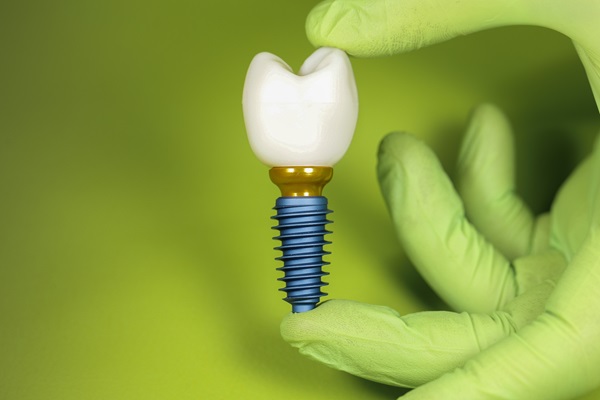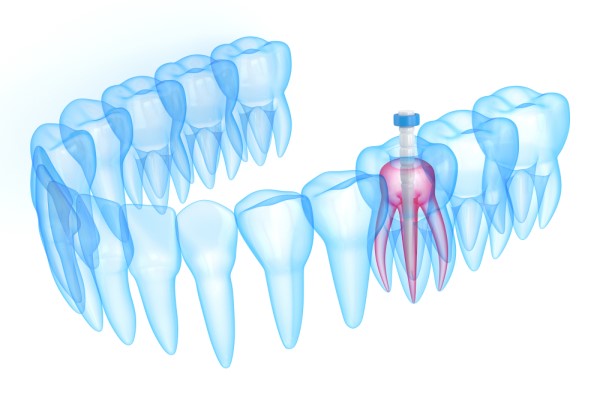Oral Cancer Screening Miami, FL
Dentists use an oral cancer screening to check for any signs of oral cancer in the mouth. Oral health can impact more than just the mouth, particularly when it comes to oral cancer. Although the word cancer can be alarming, an oral cancer screening is a routine assessment that is conducted by a dentist or dental assistant as part of general precautionary care.
Dentists are not only concerned about the health of teeth but also consider the relationship between oral health and overall health. Do you want to learn more about oral cancer? For more information about oral cancer screenings, our team at Tamiami Dental Center in Miami is here to help. Call us at (305) 787-2887 to learn more.
Signs That Could Indicate a Need for a Screening Test
Many people who receive care from a dentist receive oral cancer screenings even though they do not have any signs of a specific need for the test. Oral cancer screenings, similar to screenings for tooth decay or gum disease, are typically a component of a routine dental check-up.
Some people may have specific signs that might indicate a need for an oral cancer screening, including:
- A change in the mouth tissue, such as a thickening, or rough spot
- An ulcer, or eroded area of the mouth
- Discolorations, such as new red or white patches in the mouth
- Hoarseness, sore throat, or feeling of something stuck in one’s throat
- New problems such as difficulty with speaking, moving one’s tongue or jaw, closing one’s teeth together, chewing, or swallowing
- Pain or numbness in the lips or other mouth structures
- Unexplained bleeding in the mouth
- Weight loss
If a patient experiences one of the above symptoms, particularly if it is changing quickly or causing pain, an oral cancer screening can help put their mind at ease.
“This is because oral cancer screenings, similar to screenings for tooth decay or gum disease, are typically a component of a routine dental check-up.”
What to Expect During the Test
Oral cancer screenings are typically integrated into a routine dental check-up, so a patient may not even notice when a dentist is performing a screening exam. During the typical oral cancer test, the dentist will examine the entire oral cavity, including the lining of the cheeks, the gums, the tongue, the hard palate, the back of the throat, and the lips. The patient may feel the dentist moving their gloved fingers along these structures to palpate the tissue, but the exam should not cause any pain or discomfort. The dentist will also look globally at the structures of the face and neck, checking for symmetry.
To do a more in-depth screening, some dentists may use a special blue light to assess particular areas. If a spot of interest is detected during oral cancer screening, the dentist may perform a biopsy or refer the patient to another provider for this procedure.
“The patient may feel the dentist moving his or her gloved fingers along these structures to palpate the tissue, but the exam should not cause any pain or discomfort.”
Habits That Contribute to Oral Cancer
Oral cancers are more likely to occur in people with certain lifestyle habits, such as smoking cigarettes, chewing tobacco, or drinking alcohol. According to the American Cancer Society, people who are over age 55 are more likely to develop oral cancer, and men are twice as likely as women to have oral cancer. People who have been exposed to the sexually transmitted human papillomavirus (HPV) may also be more likely to develop oral cancer. The U.S. Centers for Disease Control and Prevention (CDC) estimates that 70 percent of oral cancers are associated with HPV.
“People who have been exposed to the sexually transmitted human papillomavirus (HPV) may also be more likely to develop oral cancer.”
Check out what others are saying about our dental services on Yelp: Oral Cancer Screening in Miami, FL
What to Expect During an Oral Cancer Screening
Oral cancer screening requires no special preparation, and patients can typically expect screening to take place during a routine dental appointment. In most cases, a basic oral cancer screening will consist of the dentist taking a thorough look at all the parts of the patient's mouth, including:
- The back of the throat
- The gums
- The insides of the cheeks
- The outside and the inside of the lips
- The roof of the mouth
- The tongue
Patients with dentures must remove the devices to allow Tamiami Dental Center to check the tissue underneath, along with the area underneath the jaw.
All in all, the screening should take less than five minutes.
“There is no special preparation required for an oral cancer screening, and patients can typically expect screening to take place during a routine dental appointment.”
Questions Answered on This Page
Q. What can I expect during my oral cancer screening?
Q. What are signs of oral cancer?
Q. What is an oral cancer screening like?
Q. What are the risk factors for oral cancer?
Q. What happens after an oral cancer screening?
People Also Ask
Q. What should be included in an at home oral health routine?
What Happens After an Oral Cancer Screening?
After the dentist evaluates the mouth and surrounding structures for signs of oral cancer, the patient will be able to continue with their daily routine as usual, without restrictions. The dentist will discuss any potential areas of concern and may ask that the patient return to the office in a few weeks for a re-evaluation, to see if the areas have changed or resolved. The dentist will not be able to tell for sure if an area of focus is cancerous, so more tests may be needed. If the patient has been scheduled for a biopsy, that patient will receive further instructions about how to prepare.
“The dentist will discuss any potential areas of concern and may ask that the patient return to the office in a few weeks for a reevaluation, to see if the areas have changed or resolved.”
Frequently Asked Questions
Q. How common is oral cancer?
A. According to the American Dental Association, more than 50,000 people in the U.S. are diagnosed with oral cancer every year. While this is intimidating, you can lower your risk of developing oral cancer by avoiding tobacco and alcohol. It is also wise to stay on top of oral health by following a regular check-up schedule.
Q. How much does drinking influence oral cancer?
A. The American Cancer Society notes that people who drink heavily are more likely to develop oral cancers than those with light or no alcohol intake. People who pair heavy drinking with heavy tobacco smoking increase their risk even further. The people who combine these activities have a risk of oral cancer that is 30 times higher than those who abstain from alcohol and tobacco.
Q. How can I prevent oral cancers?
A. The most important thing you can do to prevent the development of oral cancer is to avoid using tobacco products. Limiting your alcohol intake can also reduce your risk. Because of the association between oral cancers and HPV, it is also recommended that preteens get two doses of the HPV vaccine, as this could prevent oral cancers.
Q. What is a biopsy?
A. If the dentist identifies a suspicious area in the mouth during oral cancer screening, he or she may recommend a biopsy. A biopsy is a procedure that removes a small piece of tissue so that it can be examined more closely, by a pathologist. This may be done using several different methods, including a needle, a scalpel, or a specialized tool. Some dentists perform their own biopsies, and others coordinate with other types of healthcare professionals, such as otolaryngologists.
Q. Who is most at risk of developing oral cancer?
A. Besides those who drink heavily and use tobacco, those with certain strains of the human papillomavirus (HPV) tend to develop it at higher rates. Also, men develop it at higher rates than women. Those with poor nutrition or who are overweight, are also at higher risk.
Dental Terminology
Learn More Today
Regular oral cancer screenings may help stop the disease before it has the chance to spread. At Tamiami Dental Center, we can help figure out the best preventative care plan for you. Call us at 305-787-2887 to schedule an appointment today.
Helpful Related Links
- American Dental Association (ADA). Glossary of Dental Clinical Terms. 2025
- American Academy of Cosmetic Dentistry® (AACD). Home Page. 2025
- WebMD. WebMD’s Oral Care Guide. 2025
About our business, license, and website security
- Tamiami Dental Center was established in 2009.
- We accept the following payment methods: American Express, Cash, Check, Discover, MasterCard, and Visa
- We serve patients from the following counties: Miami-Dade County
- We serve patients from the following cities: Miami, Doral, Hialeah, Fontainebleau, Hialeah Gardens, Sweetwater, Coral Gables, Kendall, South Miami, Miami Lakes, Miami Gardens, Medley, Westchester, Coconut Grove, Pinecrest, Sunset, Olympia Heights and Brickell
- FL (License #DN16637). View License Information and Specifics
- National Provider Identifier Database (1659464253). View NPI Registry Information
- Norton Safe Web. View Details
- Trend Micro Site Safety Center. View Details
Back to top of Oral Cancer Screening
